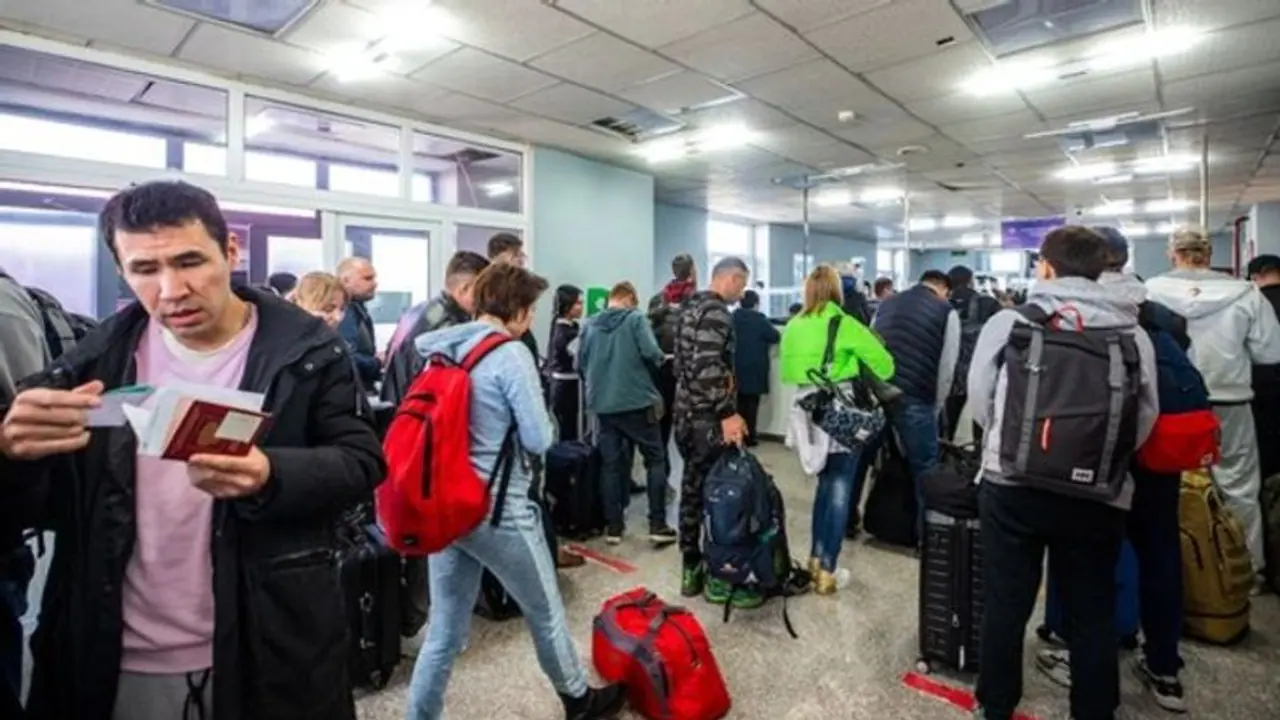Xenophobic backlash against Central Asian migrants surges in Russia after Moscow terror attack, raising concerns about escalating discrimination and mistreatment. Authorities grapple with maintaining unity amid rising tensions and calls for migrant rights protection.
In the aftermath of a deadly terror attack at Moscow’s Crocus City concert hall, Russian authorities swiftly identified the perpetrators as hailing from Tajikistan, a Central Asian nation. This incident has sparked an aggressive wave of xenophobia, particularly targeting Central Asian migrant workers in Russia.

Videos circulating on social media depict brutal abuse inflicted upon the alleged attackers by Russian police, intensifying public outrage. Disturbingly, these videos show suspects being subjected to violent acts, including having parts of their bodies mutilated.
The escalation of xenophobia is evident in social media posts, with individuals expressing reluctance to engage with Tajik individuals, even in mundane interactions such as taxi rides. This discrimination extends to businesses, as evidenced by threats directed at a barbershop where one of the accused worked.
President Vladimir Putin has urged unity in the face of such divisive sentiments, emphasizing Russia's diverse and inclusive nature. However, the situation remains tense, with migrant workers reporting increased harassment and seeking legal assistance in unprecedented numbers.
The plight of Central Asian migrants in Russia is underscored by ongoing reports of police targeting and mistreating them. Human Rights Watch has highlighted instances of racial profiling and abuse against non-Slav migrants, further exacerbating tensions.
Against this backdrop, the Kyrgyz Foreign Ministry has issued a travel advisory for its citizens, advising against travel to Russia due to heightened security measures and border controls. Russia is already struggling with a depleted workforce and the sudden outflow of Central Asian migrants can pose a huge challenge for the private sector as well as the Putin led government.
